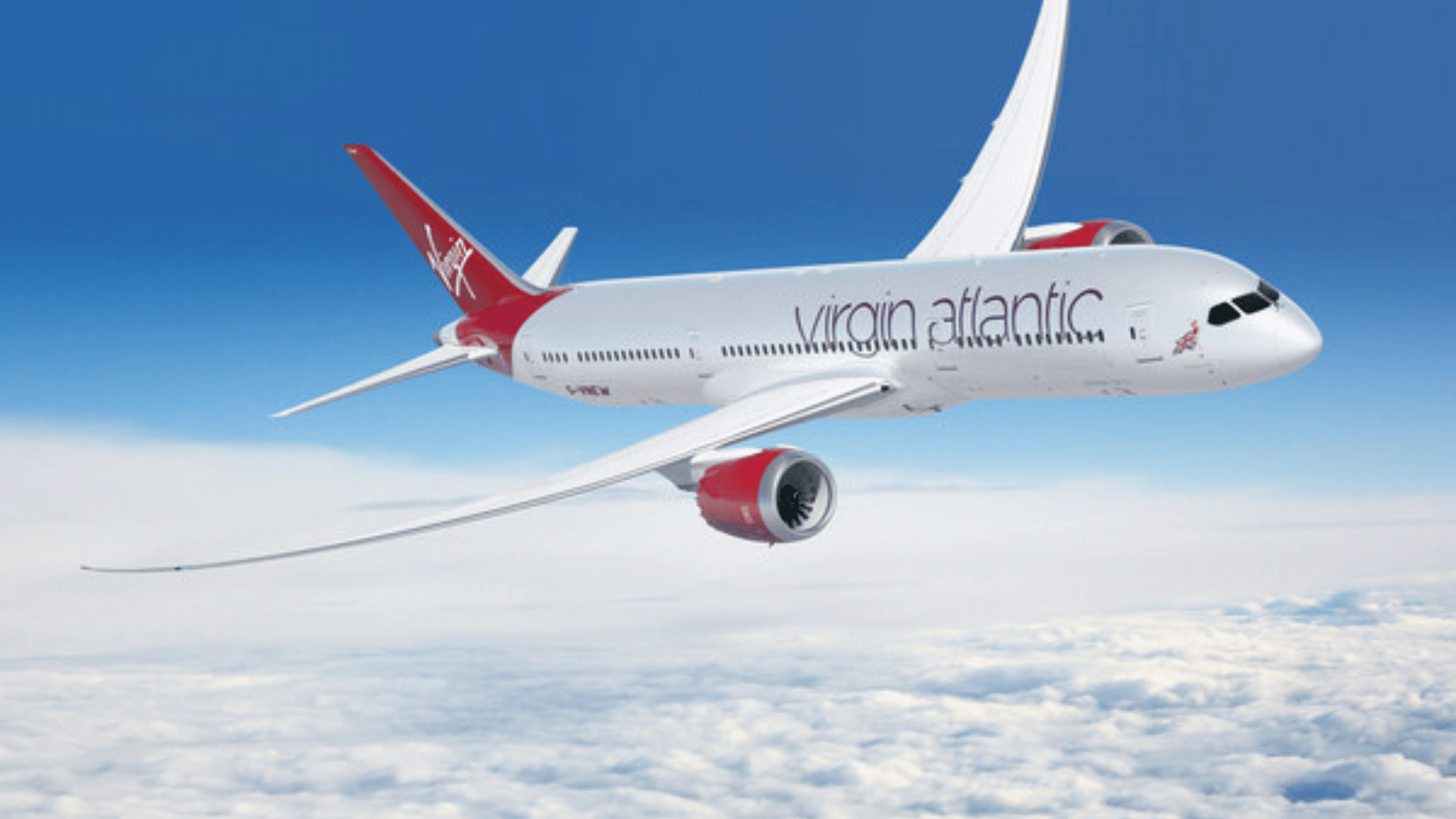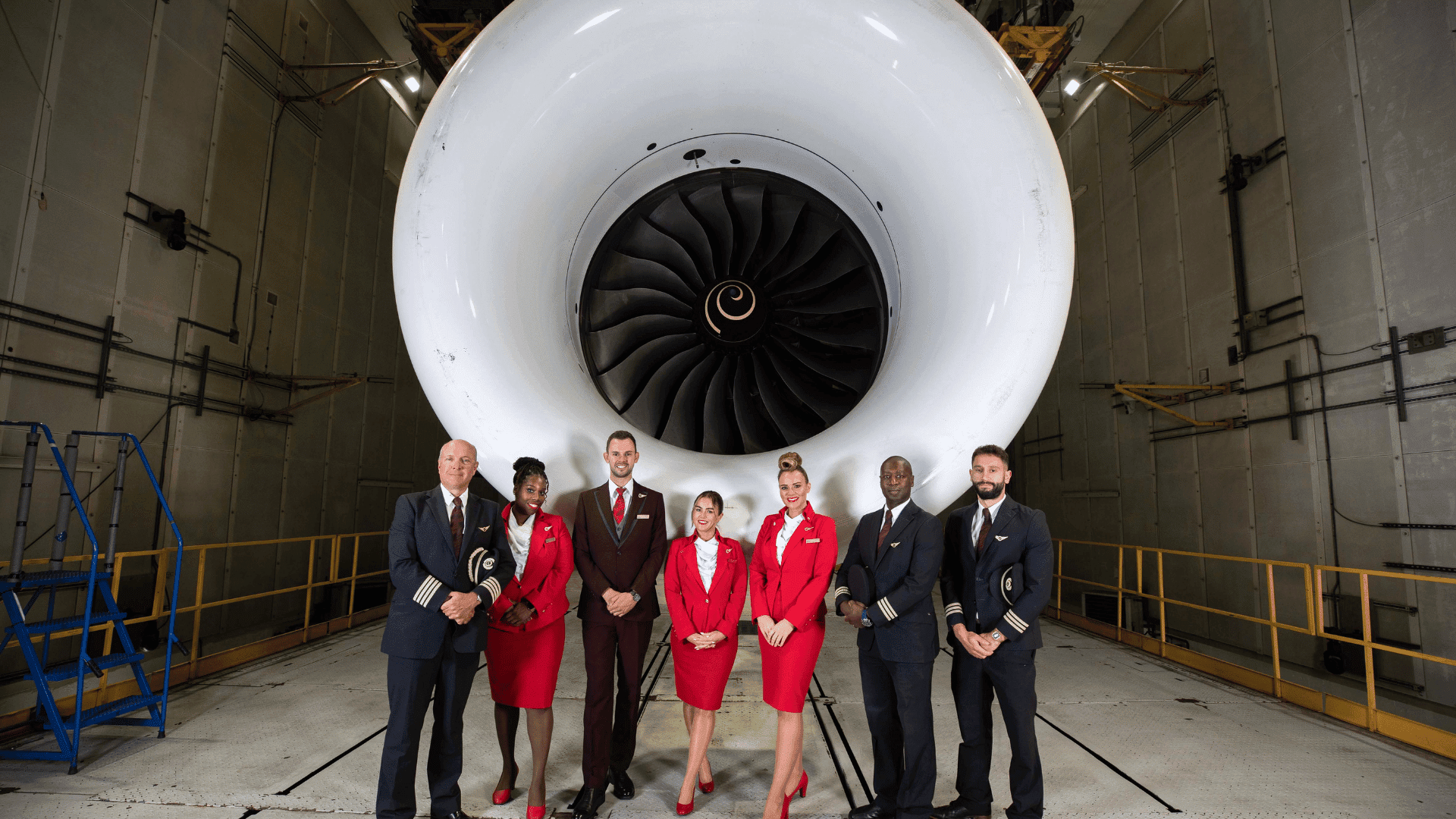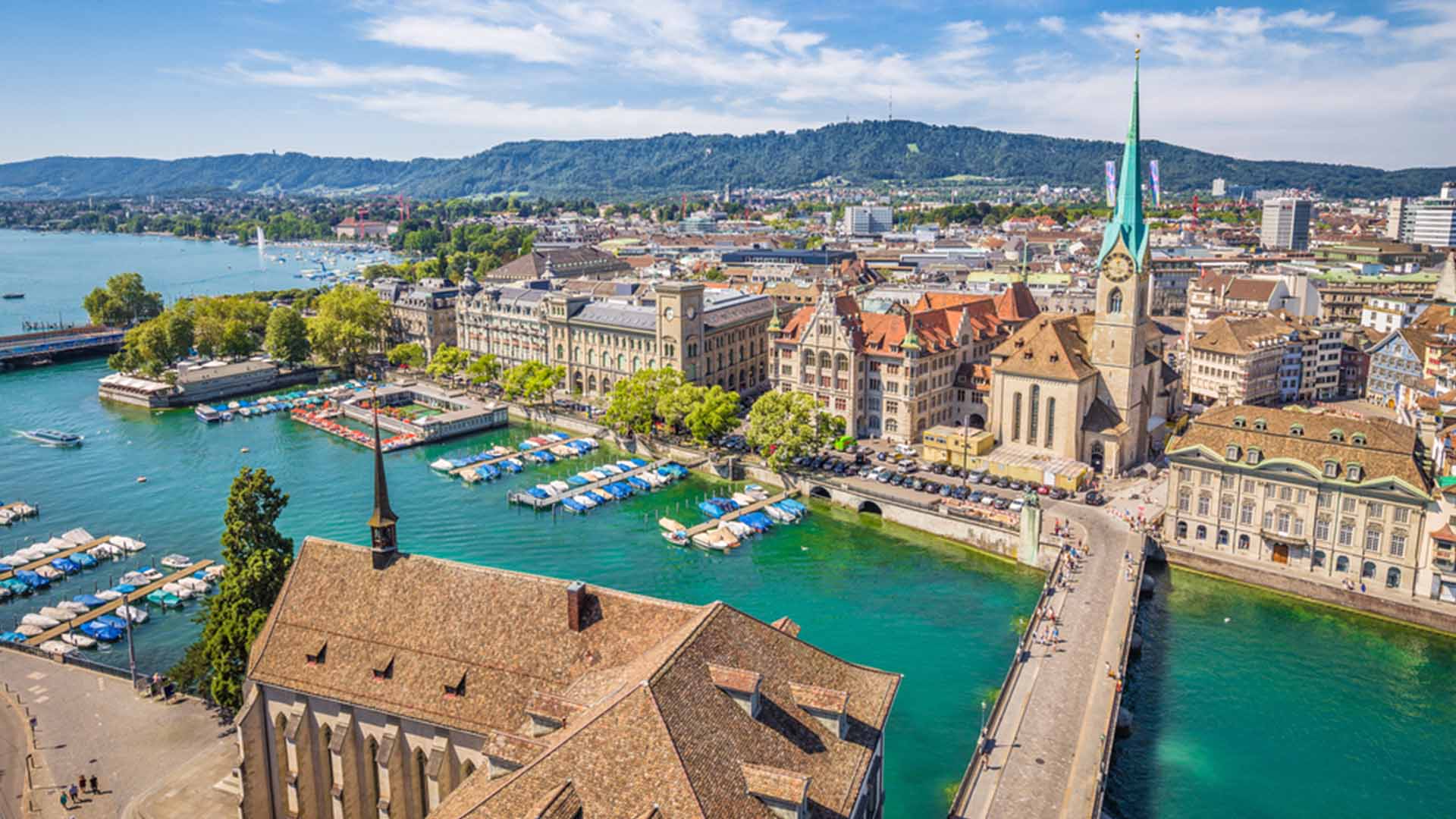Virgin Atlantic recently made history with the world’s first 100% sustainable aviation fuel flight by a commercial airline across the Atlantic.

The Boeing 787 flight traveled from London Heathrow to New York JFK using Rolls-Royce Trent 1000 engines. The sustainability milestone was made possible through a year of collaboration by a Virgin Atlantic-led consortium, including Boeing, Rolls-Royce, Imperial College London, University of Sheffield, ICF, and Rocky Mountain Institute, in partnership with the UK Department for Transport.
“The world will always assume something can’t be done, until you do it. The spirit of innovation is getting out there and trying to prove that we can do things better for everyone’s benefit. Virgin Atlantic has been challenging the status quo and pushing the aviation industry to never settle and do better since 1984. Fast forward nearly 40 years, that pioneering spirit continues to be Virgin Atlantic’s beating heart as it pushes the boundaries from carbon fibre aircraft and fleet upgrades to sustainable fuels. I couldn’t be prouder to be onboard Flight100 today alongside the teams at Virgin Atlantic and our partners, which have been working together to set the flight path for the decarbonization of long-haul aviation.” stated Sir Richard Branson, Founder of Virgin Atlantic.
The fuel is made from waste products and delivers CO2 lifecycle emissions savings of up to 70% while performing like traditional jet fuel. Though other technologies such as hydrogen and electricity remain decades away, the success of the flight demonstrates how SAF is a safe drop-in replacement for fossil-derived jet fuel and is compatible with today’s airframes, engines, and fuel infrastructure.

The blend used on Flight100 consists of 88% HEFA (Hydroprocessed Esters and Fatty Acids) supplied by AirBP and 12% SAK (Synthetic Aromatic Kerosene) supplied by Virent, a subsidiary of Marathon Petroleum Corporation. The HEFA is made from waste fats and the SAK is made from plant sugars.
SAF currently makes up less than 0.1% of global jet fuel volumes and fuel standards allow for a 50% SAF blend in commercial jet engines. In addition to legitimizing the capabilities of SAF, Flight100 will also examine how its use affects the flight’s non-carbon emissions.
“Flight100 proves that Sustainable Aviation Fuel can be used as a safe, drop-in replacement for fossil-derived jet fuel and it’s the only viable solution for decarbonizing long-haul aviation. It’s taken radical collaboration to get here and we’re proud to have reached this important milestone, but we need to push further. There is simply not enough SAF and it’s clear that in order to reach production at scale, we need to see significantly more investment. This will only happen when regulatory certainty and price support mechanisms, backed by government, are in place. Flight100 proves that if you make it, we’ll fly it.” stated Shai Weiss, Chief Executive Officer of Virgin Atlantic.







